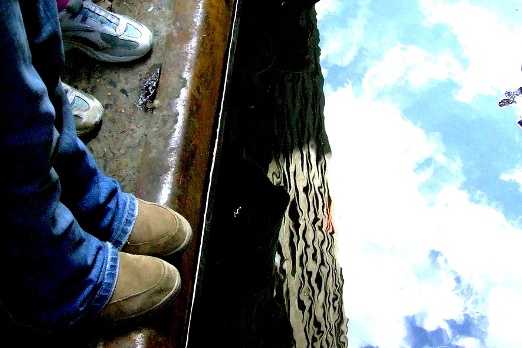I have been looking for books to share with Haitian
children and came across a book by Uri Shulevitz, How I Learned Geography. It is a brief story, illustrated by the
author, of his life as a WWII refugee living in Central Asia. It is a perfect book for Haitian children—an
interesting story with a good message that takes place in an economically
depressed country. The author tells how he went to bed hungry one night because
his father brought home a map rather than bread. This map played a key role in
the development of his imagination and drawing skills. How important is it for people who struggle
for their daily bread to develop their imagination?
How many books are in your home? Did you read stories to your children? Many Haitian homes contain a Bible and many
students have at least some of the books they need for school, but, for the
most part, that’s about it. There is no
lending library in Cap Haitian and there may not be one in the entire country.
Does the fact that you have read many great books like The Adventures of
Huckleberry Finn, The Wind in the Willows, Stuart Little, Homer
Price, and A Tale of Two Cities have anything to do with the fact
that you have a job, participate in a democracy, and live in community with
others? Did fiction by C. S. Lewis and J. R. R Tolkein help bring you
a step closer to the Kingdom of God?
Relief is meeting people’s basic needs now. Development is helping people meet their
needs in the future. There are people in Haiti whose basic needs
are not being met today, but tomorrow is a bigger threat to most Haitians than
is today. As Christians we understand that
knowing Jesus a key factor for meaningful development to take place. Is it enough?
How important is literacy and access to good books to the development of
a society? What role does the
imagination play?
I think that building a library for the Methodist primary
and secondary school in Cap Haitian (College Model) provides a wonderful
opportunity for our church to contribute to the development of Haiti—one mind
and imagination at a time. Good books,
unlike aid dollars, can never end up in the wrong hands. The
first goal is to raise the funds for the library building and books. The ongoing challenge and opportunity will be
to help the school select books, develop a system to circulate the books in the
community, and create a culture that enjoys and values reading. This should
keep us busy for some time.
Bill Benish




